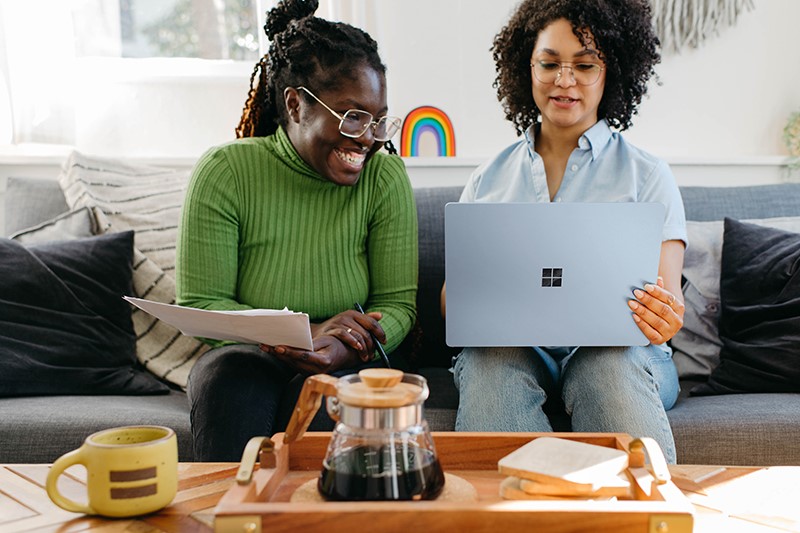When you have a loved one with dementia, it becomes essential to understand what they are going through and how to interact with them positively. Even if you feel like you understand dementia pretty well, it is a good idea to help friends and family understand it. Then, your loved one can have as many positive interactions with people who care enough to learn as much about dementia as possible.
If your goal is to help friends and family understand dementia better, here are a few suggestions recommended by Elder Care Alliance. Try these different techniques until you find the approaches that seem to work best in your situation.

Educate
The first step to helping friends and family better understand dementia is to educate them on what dementia is and how it affects the impacted individual. Next, tell them how dementia impacts behavior, memory, and thinking. Next, explain how the disease progresses and what to expect as your loved one develops additional symptoms. You may also wish to share articles and websites that give further information about the condition.
As part of the education process, let your friends and family know what they can do to help the person with dementia. So often, people pull away simply because they don’t know the “right” and “wrong” things to do around a person with dementia. However, when people are given specific directions for how they can help, they are likely to do so happily. Often, simply providing company or cleaning the house can be very helpful for someone with dementia.
Communicate
Once you have educated friends and family about what dementia is and how it impacts the affected individual, it’s important to explain how to communicate with someone who has dementia properly. Here are some of the communication points to cover:
- Suggestions for starting a conversation (such as introducing yourself even if you think your loved one should know who you are).
- Instructions for avoiding correcting the person with dementia if mistakes are made in conversation. Correcting a person with dementia can make them feel confused and embarrassed.
- Ideas for communicating, such as talking about memories your loved one can still recall or looking at picture albums.
- Instructions for speaking quietly and calmly. Talking loudly may bother the person with dementia.
There may be certain times of the day when your loved one is more responsive to phone calls or visits. Be sure to tell your friends and family members about those times so they can arrange to interact with your loved one during those times.
React
Another important component of educating your friends and family members about dementia is how to react if a loved one with dementia does something unexpected. When out in public, understand that you may need to explain to others how your loved one is responding differently. You may also want to have a card that says, “My loved one has dementia. They might do or say unexpected things. Thank you for understanding.”
Our Elder Care Alliance staff members are trained to interact with and respond appropriately to residents with dementia. As a result, we ensure residents with dementia live fulfilling lives and have the support they need daily.




















